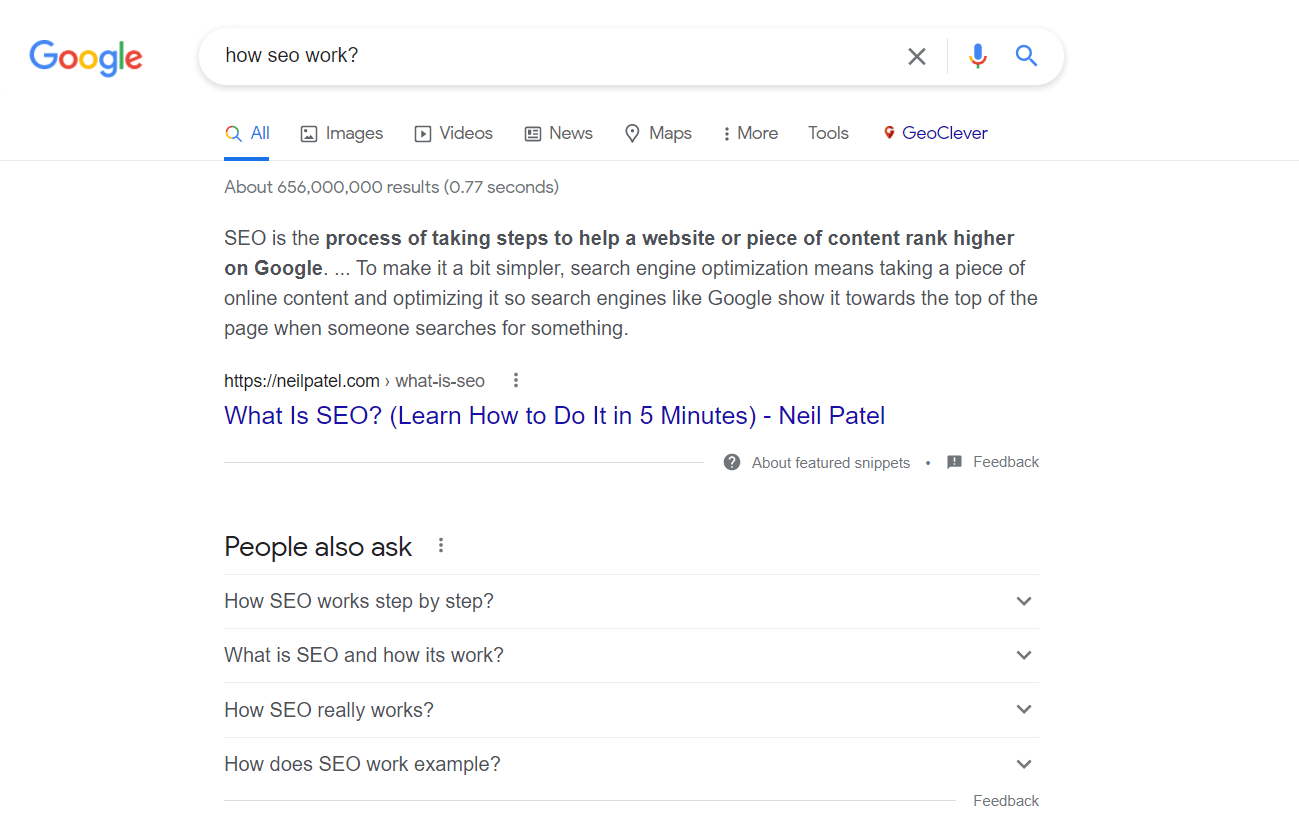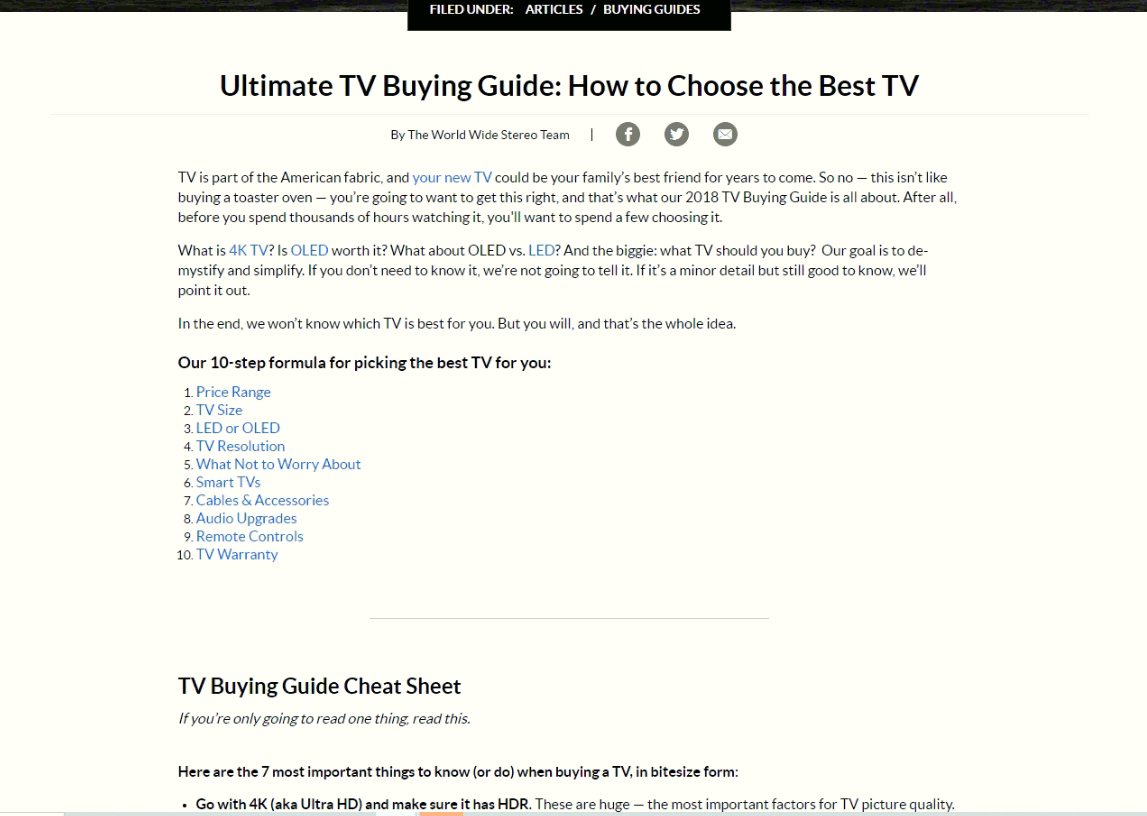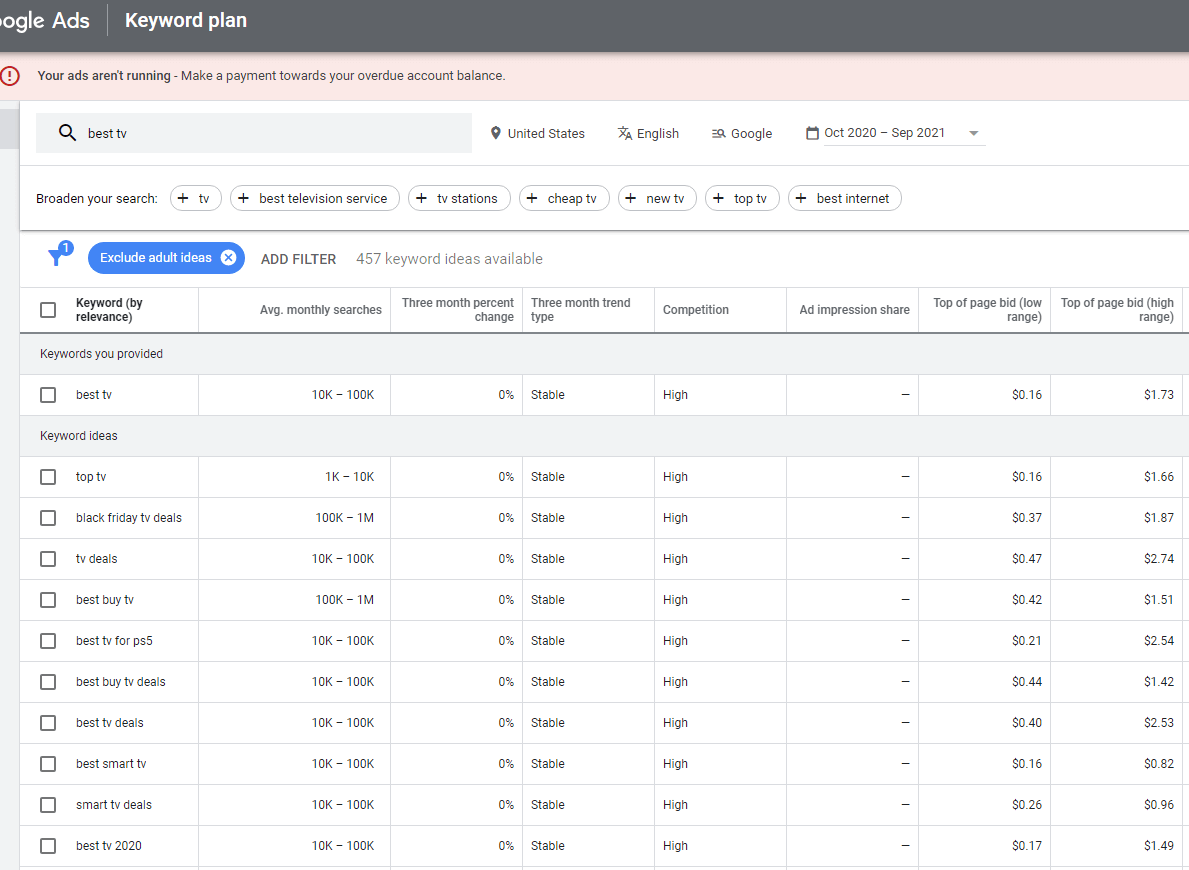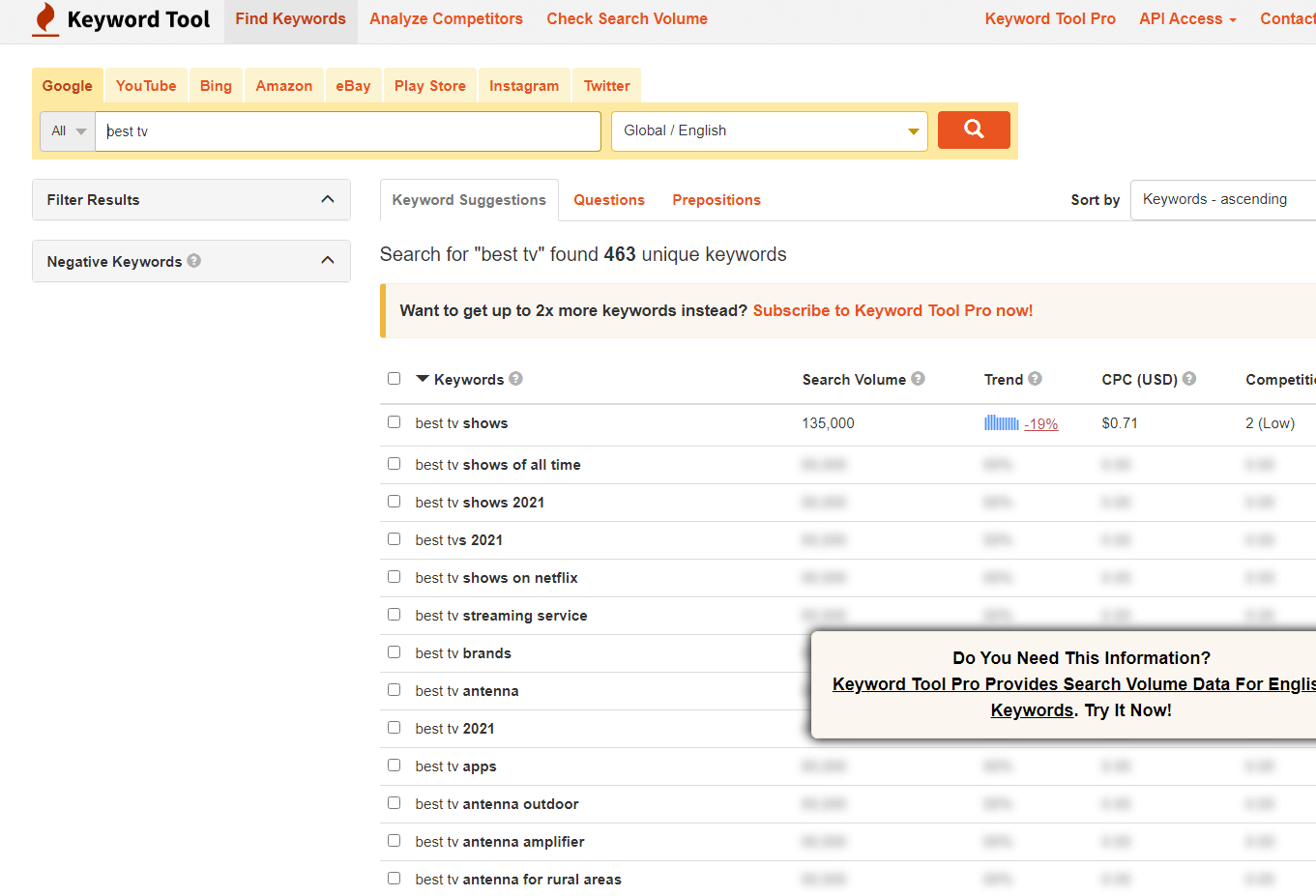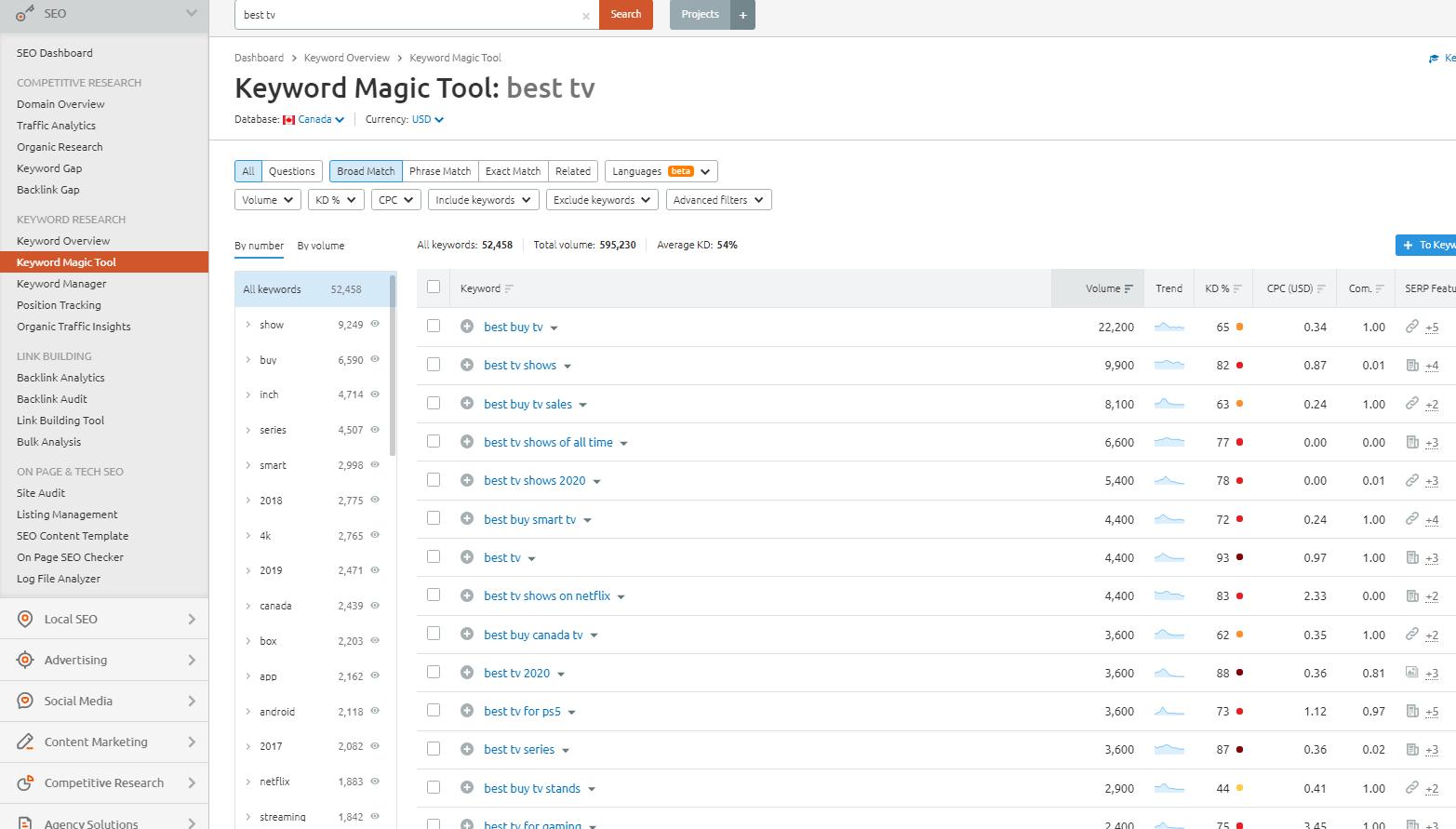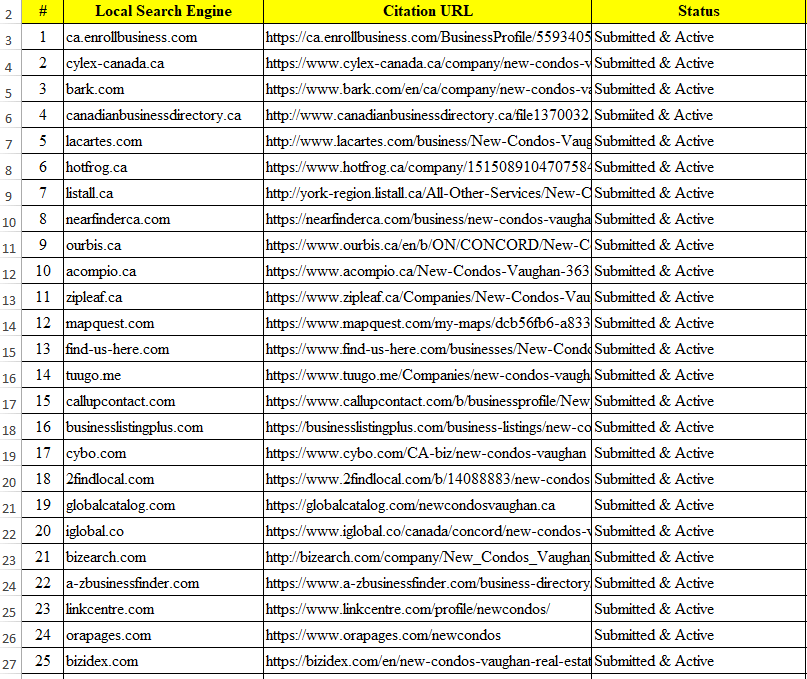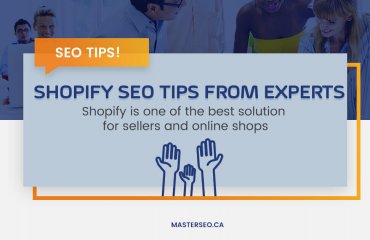Search engine optimization is a process that helps websites to increase their visibility in search engine results. It is an effective strategy to get more search engine traffic to your website. It involves getting high rankings of websites on search engine results pages. The purpose is to get the most relevant traffic to your website so that you can gain more trust and build brand awareness for your business.
Table of Contents
How does SEO work?
When you type something into Google’s search box, what you’re really doing is asking Google, “what is the answer to this question.” Each time you do this, Google makes an educated guess as to what the answer to your question might be and returns results based on an algorithm.
Search engines work by scanning hundreds of billions of pages with their web crawlers. They go from site to site, collecting information about these pages and putting them in the index. Think of the index as a giant library where a librarian can open a book (or a web page) to help you find exactly what you are looking for in a second. These web search robots are usually called spiders. As they crawl the web, spiders read the HTML code on each page. The more relevant the content is to the keywords searched, the more likely it is that that page will be ranked higher. Thus, the more relevant content on your page, the better chance of getting included in the search results.
Together, this means that providing excellent content and strategically link building to appropriate pages is one of the most important SEO strategies you can implement. SEO can be broken down into three parts: “on-page,” “off-page,” and “schema” optimization.
Why Is SEO Important For Marketing?
Search engines are the #1 way people find information about things they are looking for. If your site is a destination, then search engines are the roads that will lead people there. In other words, they provide new targeted traffic. For example, if you provide criminal defence services on your site, Google will show your website to people specifically looking for criminal lawyers in your area. This is how Google determines how relevant your website is to your clients, so when you optimize for search engines, you are proactive in helping people find the sites that are helpful to them. In the modern world, your online presence is invaluable. It’s not enough to just build a website. You must keep optimizing it for your potential clients.
How can I learn SEO?
There are many guides available on the Internet that can teach you the basics of SEO. Google offers an SEO course for free on its official website, and there is also a very useful Beginner’s Guide to SEO from Moz, which is also free, and it starts with answers to the simplest questions, such as “What is SEO?” Read the entire guide once, and you will learn more than the people who send you these spam SEO emails every day.
Organic vs. Paid Results
The organic vs paid results debate has been taking place in SEO since its inception, but there are still many people who are unsure of which side is better. This article will discuss both sides of the argument and also provide an actionable opinion for each side to take based on what you need to focus on in relation to your online business goals.
Paid results are generally considered to be advertisements that are displayed on the results page at the top of the SERPs. There are many different types of paid search marketing efforts available to you. However, they can be broken down into two main types, CPC (Cost per Click) and CPA (Cost per Action).
Organic results are generally considered to be provided by websites that have direct relationships with the searchers. Organic search is considered to be the most ethical type of traffic generation, as it has nothing to do with any form of paid advertising. Organic results are usually very hard for most businesses to generate. However, there are many tools available that can help you with your campaigns.
SEO-Friendly Content
It is content that is most likely to rank high in search engines. This type of content usually offers a list of tips or does what’s called “blogging.” One way to make your content more SEO-friendly would be to use cluster of the target keyword in all of your pages. For example, if you’re marketing a website for criminal lawyers, use the “criminal lawyer” keyword cluster throughout every page on your site. This will help improve your site’s rankings through Google’s algorithm that considers how closely related the search terms are to each other.
Another strategy would also be to promote other relevant keyword phrases within your content set. For example, you could describe the important benefits of hiring a lawyer from your firm. Doing so would drive up the volume of relevant searches for those keywords, which should lead to higher rankings in SERPs.
On-Page SEO Basics:
What is on-page SEO?
Often, we hear that On-page SEO is more important than Off-page SEO. It is the same as if someone tells you that the legs are more important than the arms and vice versa. If you want to be successful with search engine optimization, you need to work on different aspects of SEO:
- On page
- Off-site
- Technical
- Competitive
On-page SEO includes the following:
- Content of the page
- HTML
- Meta tags
- Header tags
- URL structure
- Content descriptions
On-page SEO refers to a process of optimizing your web page content to your website’s ranking. You want to ensure that the keywords you want to rank for are present on your site.
For example, if you want to rank for “Lawyer,” this is how you would do it:
- Identify the keywords and phrases for which you want your web pages to rank through keyword research tools such as Keyword Planner, Ahrefs Keywords, Sem Rush keywords and more.
- Add those keywords and phrases to your page content.
If you want to rank for a competitive keyword like “Lawyer,” you need to make sure that the content on your page explains who lawyers are, what they do, and how to contact one. You also need to make sure that your page is easy to find by including keywords in the URL, title tag, page content, and meta tags.
PRACTICAL TIPS:
Make sure you have a unique domain so that your website will be easier to find within the SERPs. Find keywords that are relevant to your business or area of expertise, and use them in your URL. For example, if you are a criminal lawyer, it would be easier to rank higher in the SERPs for “criminal lawyer + location” rather than just adding your firm name into the URL.
Why is On-page SEO important?
Imagine that you have a law firm in a college town in Canada. If you rank for a keyword like “criminal lawyer Kingston,” you’re going to get a lot of people looking for your company since they are seeking your services. If your page content is not informative or useful, visitors probably won’t stay around for very long.
This is why it’s so important to have good On-page SEO. When people are looking for something on Google, they need to know that there’s a website out there that can give them the answer to their questions. If you have quality content on your site, people will visit it again. They’ll stay around if you have informative content that satisfies their needs.
Keywords
What are SEO Keywords?
SEO keywords are words and phrases in your content that easily allow people to find your website using major search engines like Google, Bing, etc. A well-optimized website for search engines “speaks the same language” as its potential visitor.
In other words, you better know how people search for the products, services or information you offer so that it is easy for them to find you — otherwise, they will end up on one of your competitor’s pages. Implementing the right SEO keyword will help your site rise above the competition.
This is why selecting a list of the right keywords is the first and most essential step in any search engine optimization initiative. SEO and keywords are directly related when it comes to running a successful search engine marketing campaign. Since keywords are fundamental to all your other SEO efforts, it’s worth taking the time to ensure that your keywords are highly relevant to your audience and effectively organized for action.
How To Find Best SEO Keywords?
First, you’ll want to establish what the site is about and what people expect from it. Next, you will need to define your audience and the purpose of the website.
Once that’s done, you can get started with keyword research. Start thinking of words that relate to your topic or niche. Analyze them and find out the number of monthly searches that come along with them. This will help you in determining which keywords to target.
You can choose different ways for this:
Google Adwords Keyword Planner (you need to activate your Google account with this tool). Lots of planning is required with this option.
Keywordtool.io is an excellent choice since it has a good set of search volume estimates and other valuable features. It allows you to find a lot of related keywords in seconds!
Semrush is an excellent option to find short-tail and long-tail keywords, site pages, blog posts, links, keywords, etc. It’s a fantastic tool for SEO purposes.
Once you have researched your keywords, you will need to arrange them into an effective keyword list. You can use the ‘drop-down’ menu on a preferable tool to generate a keyword grouping based on different search volume metrics. This way, you will have all the keywords in one place, making it easier to manage your content.
How to Make Your SEO Keywords Work For You?
How to Make Your SEO Keywords Work For You?
There are many ways to use keywords in websites, but many ways to misuse them. Learning the nuances of using keywords in SEO can help you build more organic traffic and improve your rankings. If you really want to improve your website’s SEO, you should get the keyword usage right.
Let’s say you were running the site of an online perfume shop, for example. You might be tactful to create one keyword grouping for all your female-related products, the one for all of your male’s perfume products, etc. After this step, you will want to segment each group into smaller subgroups (woody scents, floral scents, fresh scents) and then even smaller groups for each product type (Chanel, Dior, Gucci … you get the idea). Now your perfume shop can create individual pages optimized for each small keyword group.
- Using the keyword in the page title
- Using the keyword in the website URL (for example., online-fragranceboutique.com/female/freshscent/chanel)
- Using the keyword, and variations (e.g., “fresh female Chanel fragrances”), throughout the page copy
- Using the keyword in the meta tags
- Using the keyword in all image files paths
Optimize Your Content for SEO
Content is king when it comes to optimizing a website for search engines. Great content does a lot to help both users and search engines. It enhances your reputation, which gives you more credibility in front of potential customers. It attracts new customers by making it easier for them to find you on the Internet through search engines.
That is why it’s not enough to create an awesome visual layout with all your keywords and phrases right in the middle of it. The only way you’ll get the rankings you want is if you provide people exactly what they’re looking for.
Relevant content: if you’re writing about “criminal law company in Kingston,” then it’s important that your content is related to criminal law, and some cases in your content should be related to the city you are targeting, Kingston. If you can’t get your message across without making it obvious, you won’t get far. Be creative and come up with a way for people to find out everything they need to know about their rights without even knowing they’re on a website about criminal lawyers.
Engaging content: if people like your website, they’ll get back to it because it is a valuable resource for them. If they like the content you’ve provided, then they’ll come back, visit again, and share an article with their friends and relatives. You need to make sure that the content on your pages is easy to read and doesn’t bore your audience. The content on your website should keep them engaged and ready to come back another time to get another piece of advice or ask a question about something they don’t understand. You can do this by making sure that your content is well-written and error-free.
Search Intent
Search Intent is a concept that helps you understand what pages on your website are being searched for. This article will show you how to set up a Search Intent report in Google Analytics and how to use it.
Search Intent is primarily used by marketers and SEO professionals to find out what pages are being searched for. This allows them to focus on the right topics, improve the topic relevancy of their website, and ensure that they’ve invested time in quality content rather than quantity.
Why Does Search Intent Matter?
In marketing, it is important to know how people search for certain topics. The reason for this is that people search differently depending on whether they want basic knowledge or want to purchase a product. Let’s take the example of a basic knowledge query, “What are the benefits of organic milk?”. People who type this query in a search engine are looking for information, and they will continue reading up until they find satisfactory answers.
However, with a query like “Organic milk price,” the users are simply looking for prices. They will most likely not continue reading about the benefits of organic milk.
So if you want to make money online and sell products or services, you should target your content at what people are searching for. If you do not, they will most likely leave your website without calling your firm.
The Four Types of Search Intent:
Informational
People who use informational search intent are looking for basic knowledge. For example: “Is MasterSEO the best SEO company?”, “Barbara Streisand,” “football Euro 2021”.
Transactional
People who use transactional search intent are looking for products or services. For example: “Buy MacBook Pro,” “Samsung Galaxy phone cheap.”
Navigational
People who use navigational search intent are looking for a specific page on your website. For example: “Facebook login,” “beginner guide SEO Moz.”
Commercial Investigation
People who use commercial investigation search intent are looking to buy a product or service. For example: “best protein powder brand buy,” “best sushi in Toronto,” “MasterSEO reviews.”
Many marketers and SEO professionals want to know how their website is performing in terms of Search Intent compared to other websites. It’s important because it helps them find the right topics to target and the most efficient way of doing so.
Help Google find your content.
There are a number of different ways to help Google find your website on the web. Here are some things to consider:
Submit Your Website URL to Google:
1.Log into your Google account.
2. Click on the option that says “Webmaster Tools.”
3. Click the link that says “add a sitemap.” Fill out the necessary information, including your site URL, name of the website, and contact information if you want to list it and leave tick boxes for all of the appropriate file types to index if they are not all checked by default. Then click submit at the bottom of the page to submit your sitemap request to Google Web Search Console.
Select the Right Keywords
It is good practice to use a few key phrases on your page to help Google find your content. Some of these keywords might be the keywords that people will search for when looking for information about your topic, or it might be a key term that you have researched and picked as a keyword to develop your content strategy. The words you choose should be closely observed when selecting them, as they can make or break your website. Decide which audience you are trying to reach, and most importantly, don’t try to force keywords where they don’t belong. Use tools like Semrush Keyword Research or Google Keyword Planner.
Optimize for RankBrain
Google has been using the RankBrain algorithm for a while. Still, it was only recently acknowledged when Google published a blog post explaining its workings and how it has improved ranking performance. The RankBrain algorithm was developed to improve user experience, and that means connecting searchers with relevant content. The more we do to help Google find our content, the better we will rank for certain key phrases and the more people will find us.
Meta Tags
Meta tags are the information that is embedded into the source code of your web page HTML. It can be long or long sentences broken up into paragraphs, and it should contain the keywords you think people would use to search for your content. It can also be a link, but it’s important to make sure that the link has an appropriate destination other than the homepage of your website.
Add Your Website to Local Directories
Google has been known to rely on local business directories where people have information about your business. Include a description of your business location, hours of operation, the services you provide, your website URL.
Link Building Basics
Think of it like this:
Your website = on-page SEO
Another site or platform = off-page SEO
8 Off-page SEO factors
1. Building Backlinks
This is the part of SEO that happens on external platforms. It can be done through building high-quality backlink from other authoritative sites or pages.
2. Social Media
Social media is a good way to attract and keep potential customers, and it is also a good way for you to interact with them. You should have a content strategy in place and have a diverse set of blogs with different topic focus so that your brand isn’t too narrowly defined.
3. Brand Building
Brand building is the act of developing your brand, products/services, and/or company. It is an important component of SEO as it helps to create an identity for your business.
4. Content Marketing
Content marketing is a great way to drive traffic back to your website, increase email list subscribers, brand awareness and ultimately brand loyalty. This is done by creating informative posts about themes that are related to your business. It is about providing value to the people who visit your site and also to those who share content with their friends and family.
5. Podcasts
Podcasts are a great way to engage your audience and help build trust. The trust that you build by being honest, transparent, and helpful with your podcasting can positively affect SEO.
6. Reviews
You should not be afraid to ask for reviews or endorsements for your products. If you’re offering value and doing something more than the average, people will want to help spread the word. This can be done through review sites.
7. Email Marketing
Email is a great way to keep in touch with clients and prospects, especially if you have a list of people who have explicitly opted-in to receive information from you. It is an excellent way to maintain relationships with your customers and get them excited about your company’s services/products.
8. Guest Posting
Guest posting is another way to increase your reach and gain visitors. It can help you connect with new audiences and also get more familiar with their audience.
Off-page SEO factors can be very useful for you and your brand because if you never get them right, it is impossible to optimize on-page SEO factors for optimal performance.


